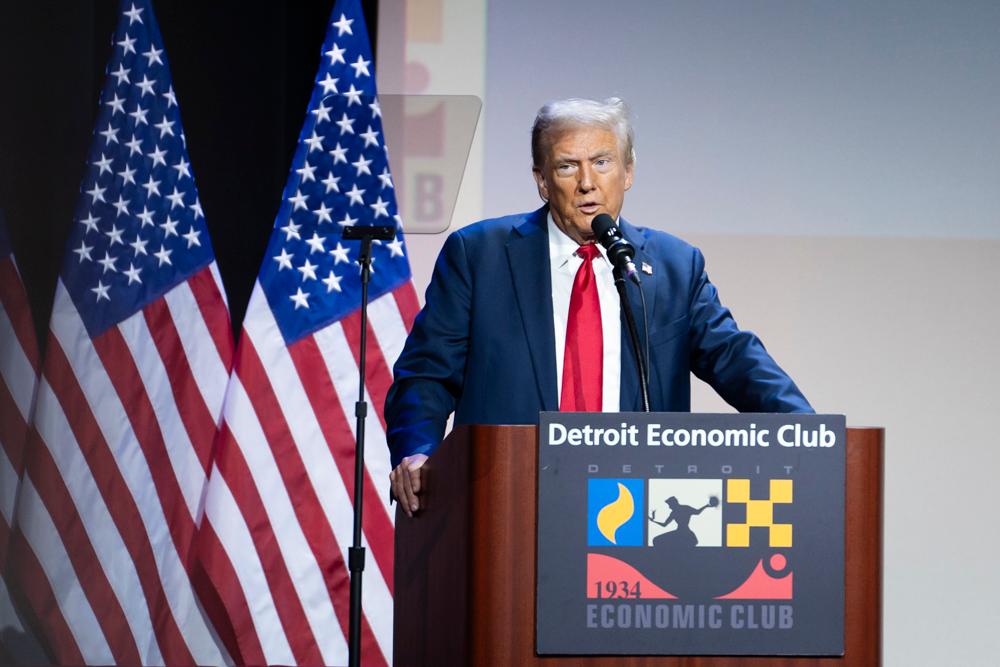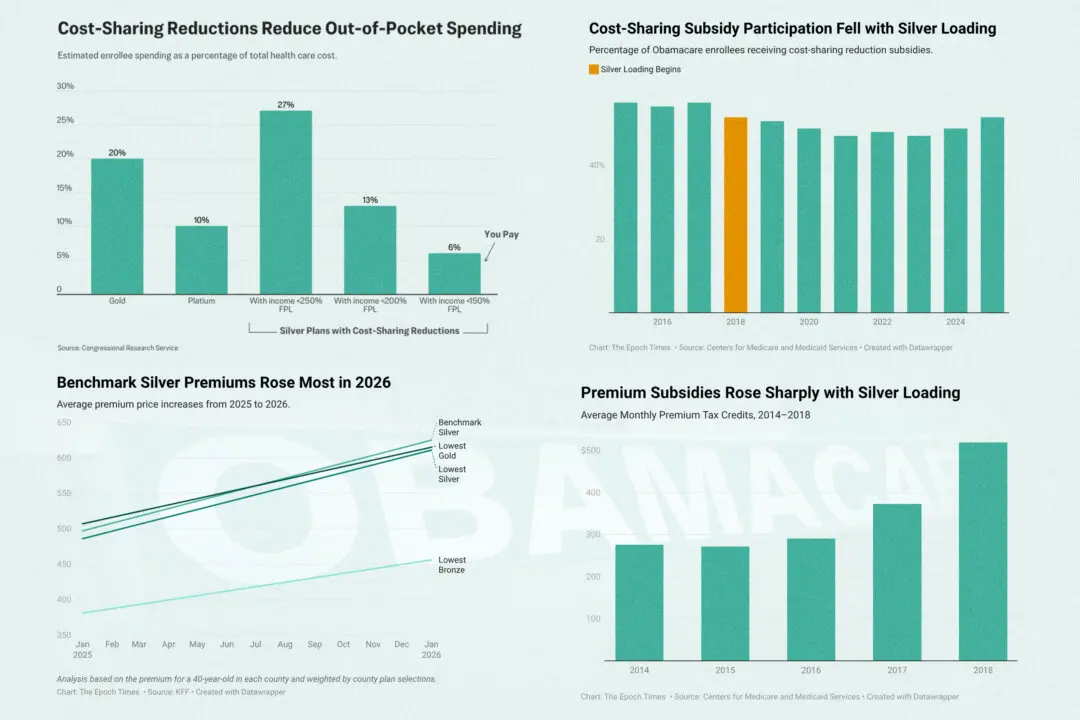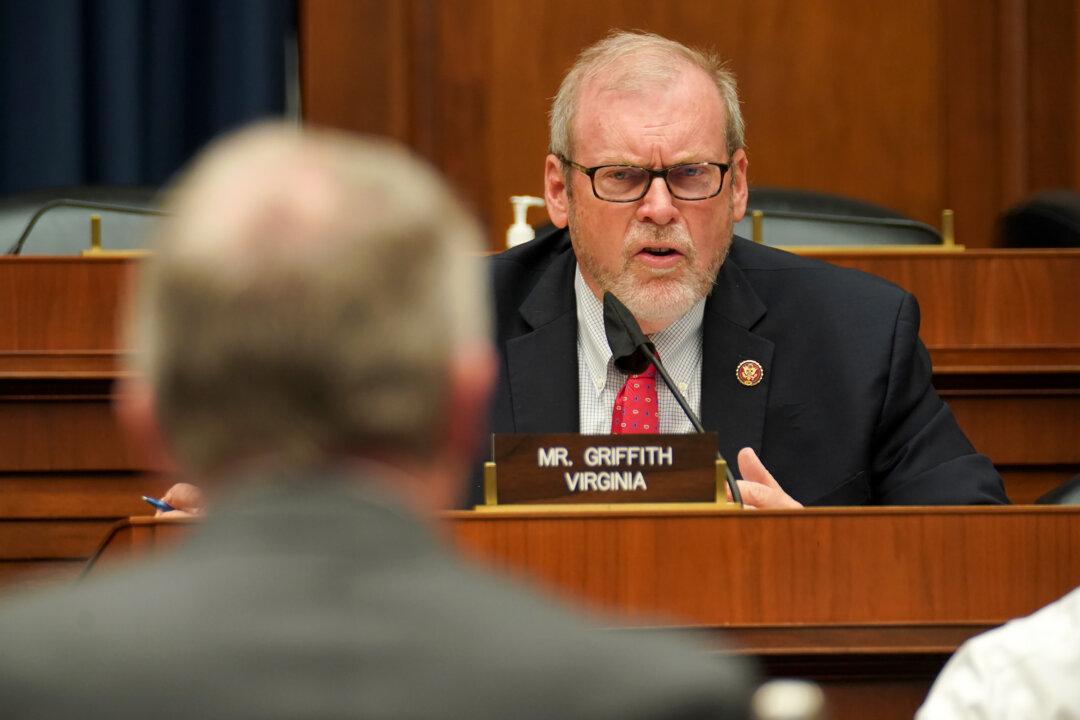DETROIT—Former President Donald Trump has announced new tax incentives aimed at revitalizing auto manufacturing, including new credits for research and development, expanded claims of equipment costs for small businesses, and consumer tax deductions for car loan interest, as a presidential campaign promise.
The incentives are in addition to Trump’s previous promises to manufacturers, which include a lower corporate tax rate for U.S.-based manufacturers, increased tariffs on imported automobiles, and increased domestic energy production, which is intended to attract manufacturers to U.S. soil.





